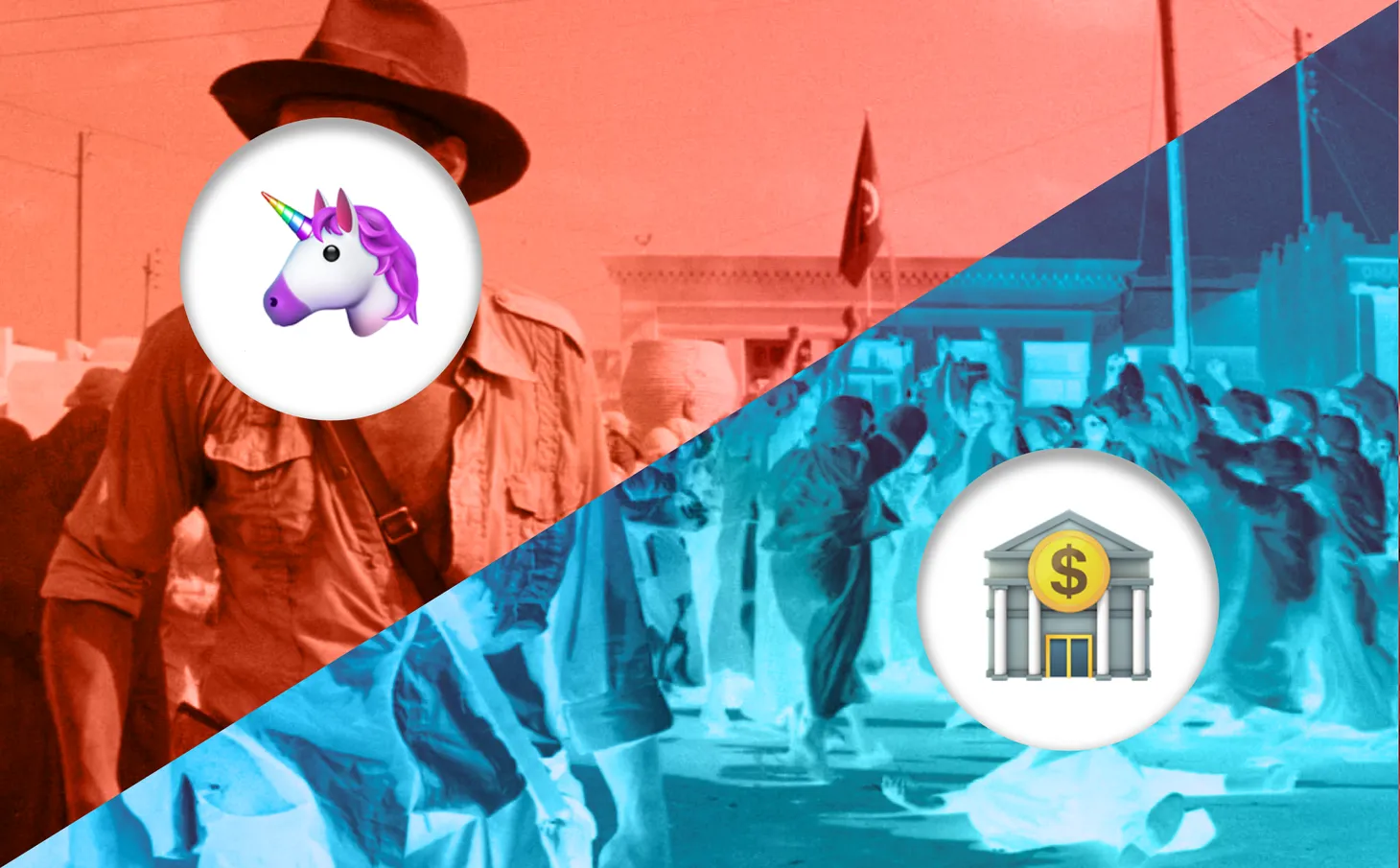Blog
The Talent Portfolio
Individual people are the next big asset class.

Betting the Firm
The company of the future will look like a venture fund, and talent will become a truly investable asset.
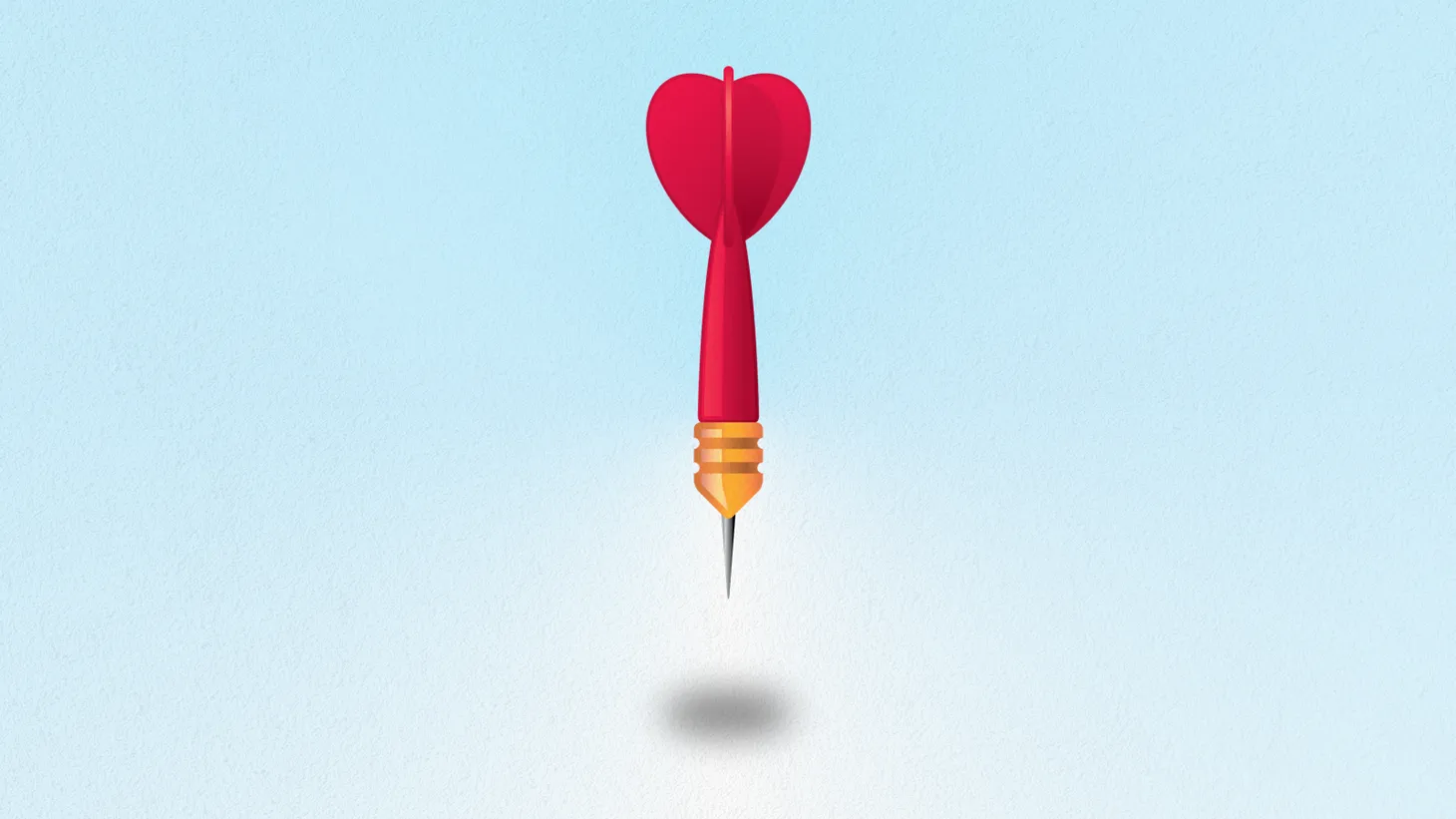
Invisible Talent Leaks and Outlier Employees
The cost of “office maximalism” is high. It’s also invisible.
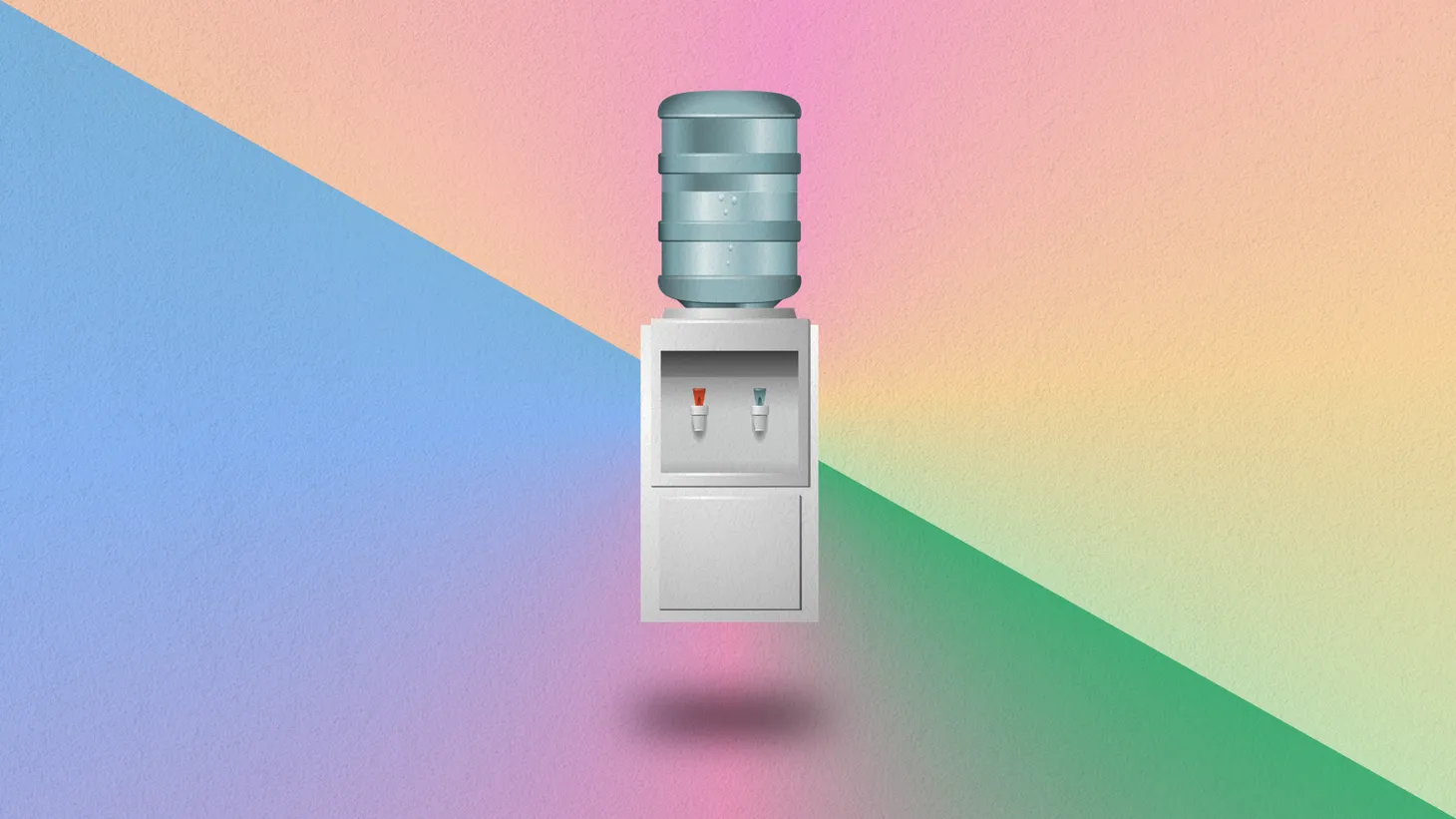
Let's get physical
The built world holds the key to humanity’s biggest problems, especially when people can live and work anywhere.
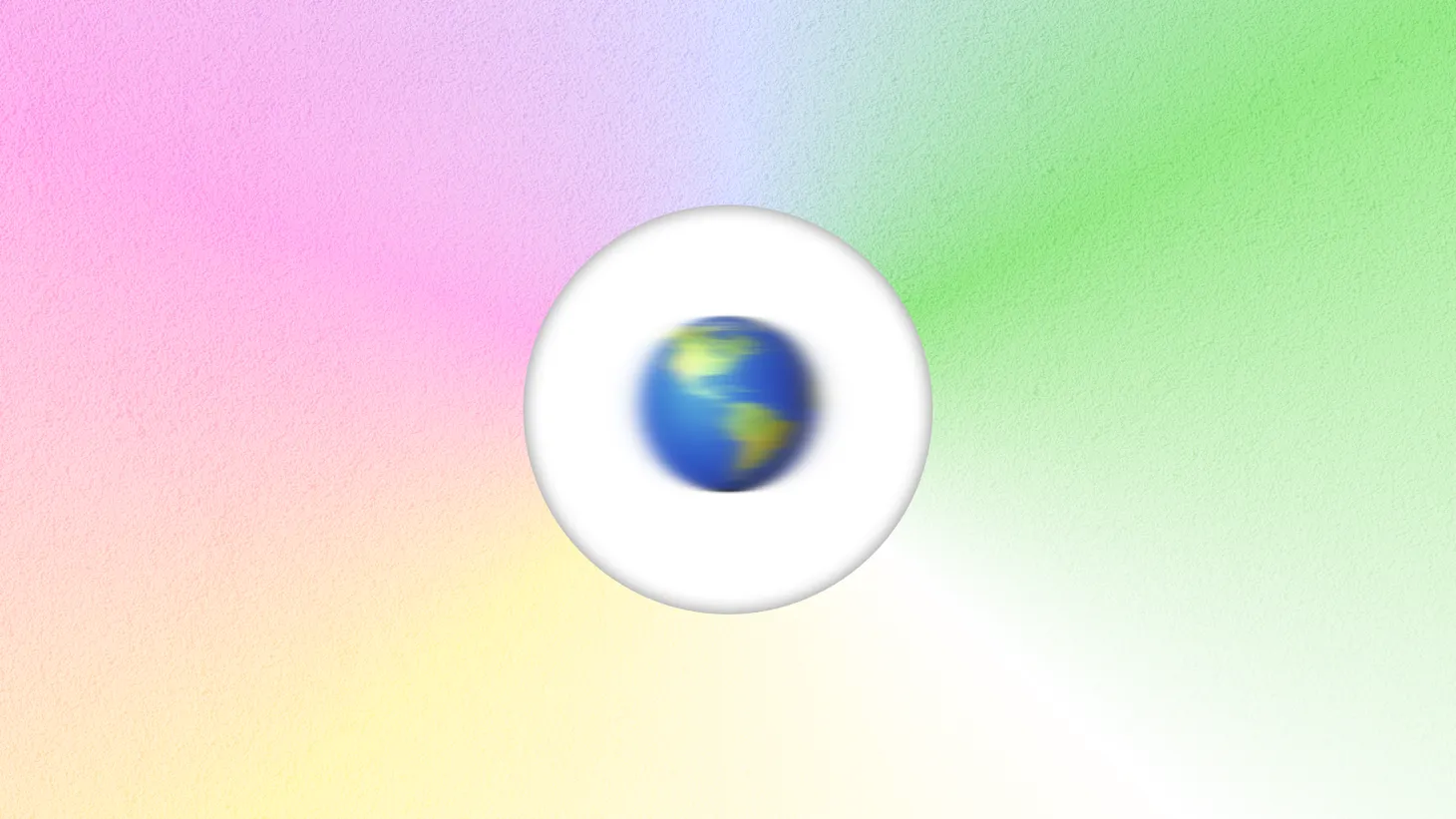
The Crypto Future of Work
Things are done differently in the world of blockchains and decentralized finance. And they offer a vision of what all careers and corporations could look like one day.
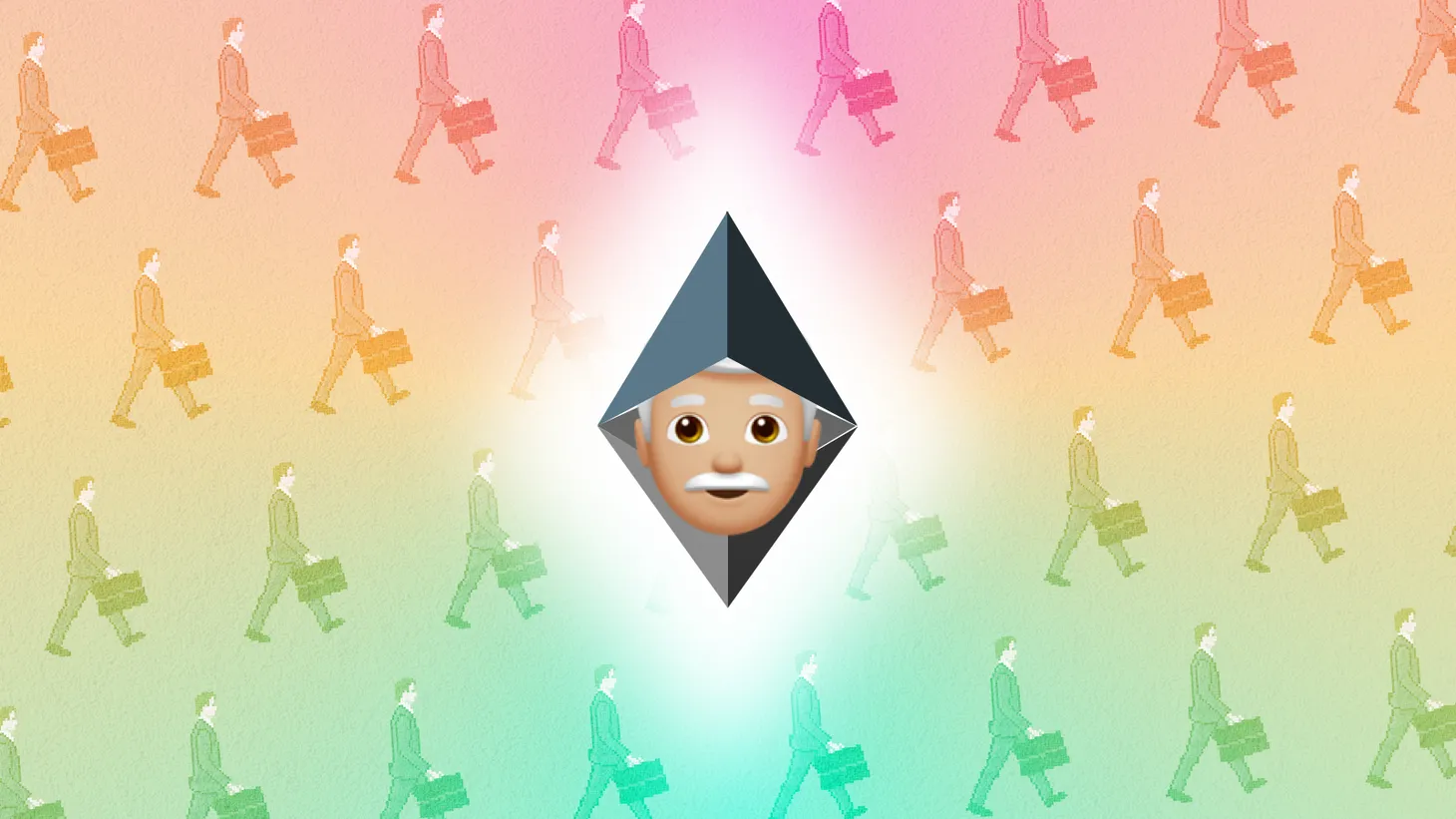
The Epic Opportunity
The love life of a 1960s Czech doctor offers invaluable career advice for 2020.
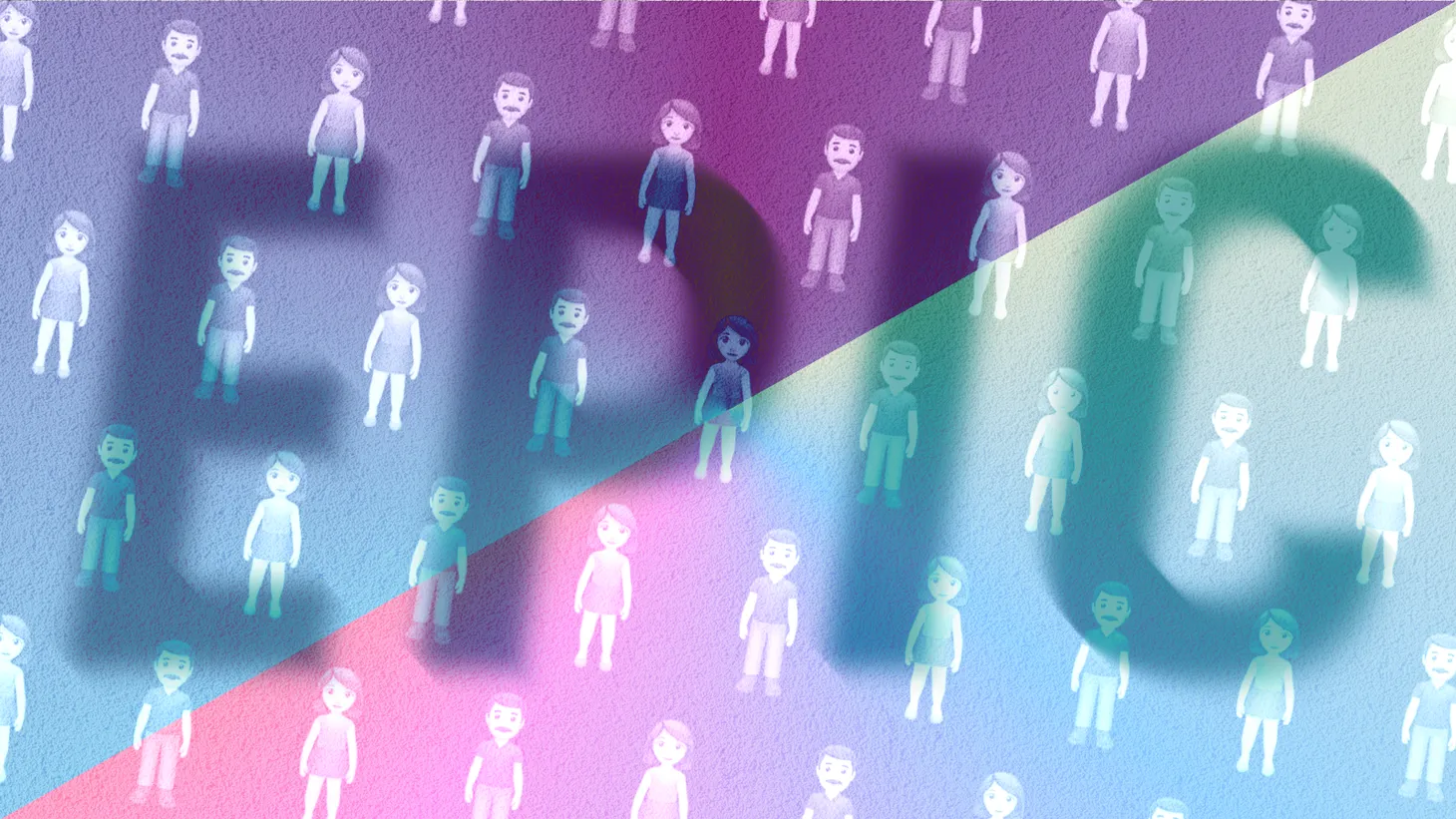
The Long Chin
Your job must be performed in person? That will not save you from online competition. New data on the Long Tail offers some evidence.
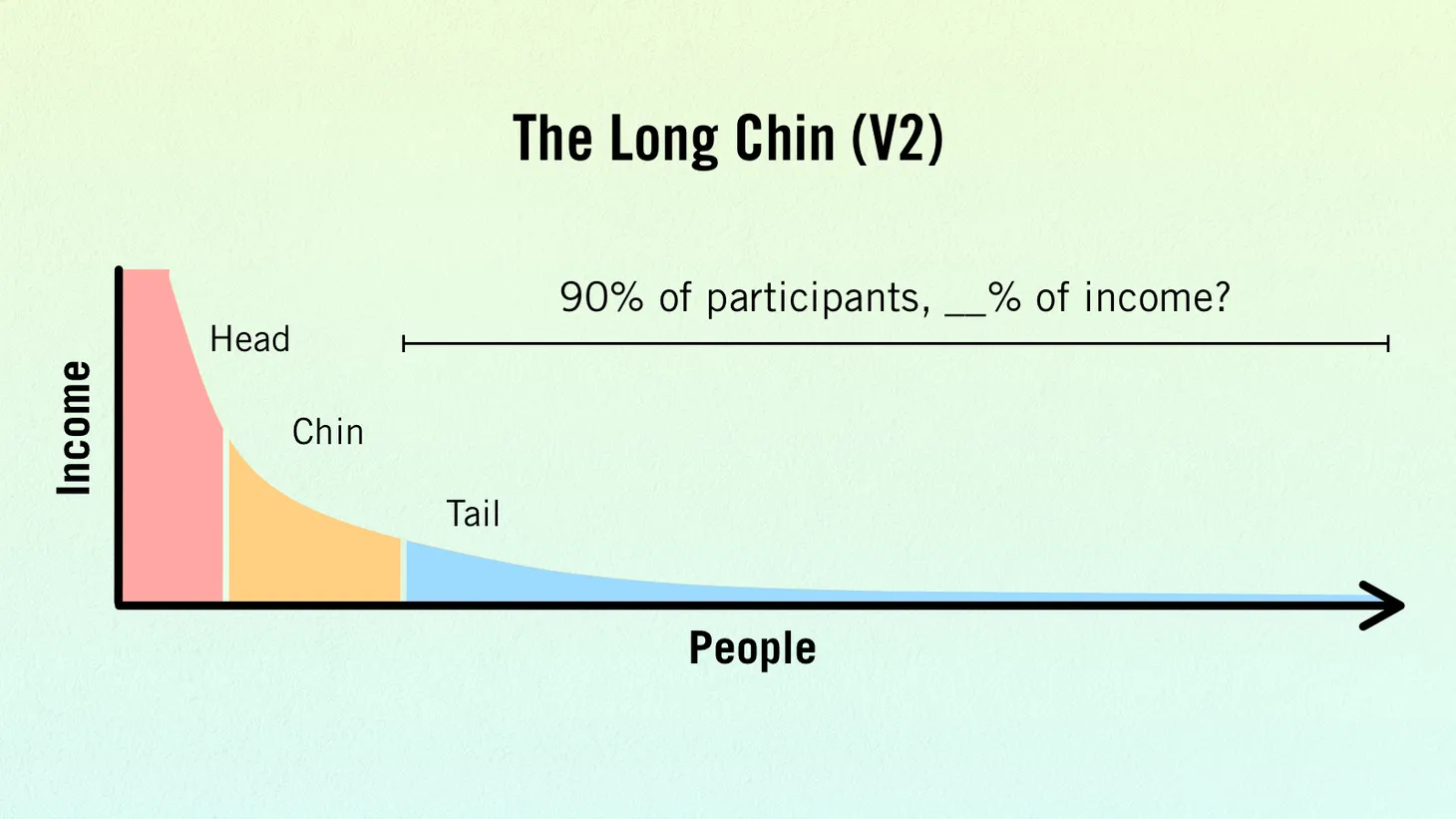
Explicit Economics
In the future, we'll pay to work, get paid to consume, and gamble to keep our money safe.

No Floor, No Ceiling
The internet gives more people an opportunity to win. But it forces everyone to play the game.
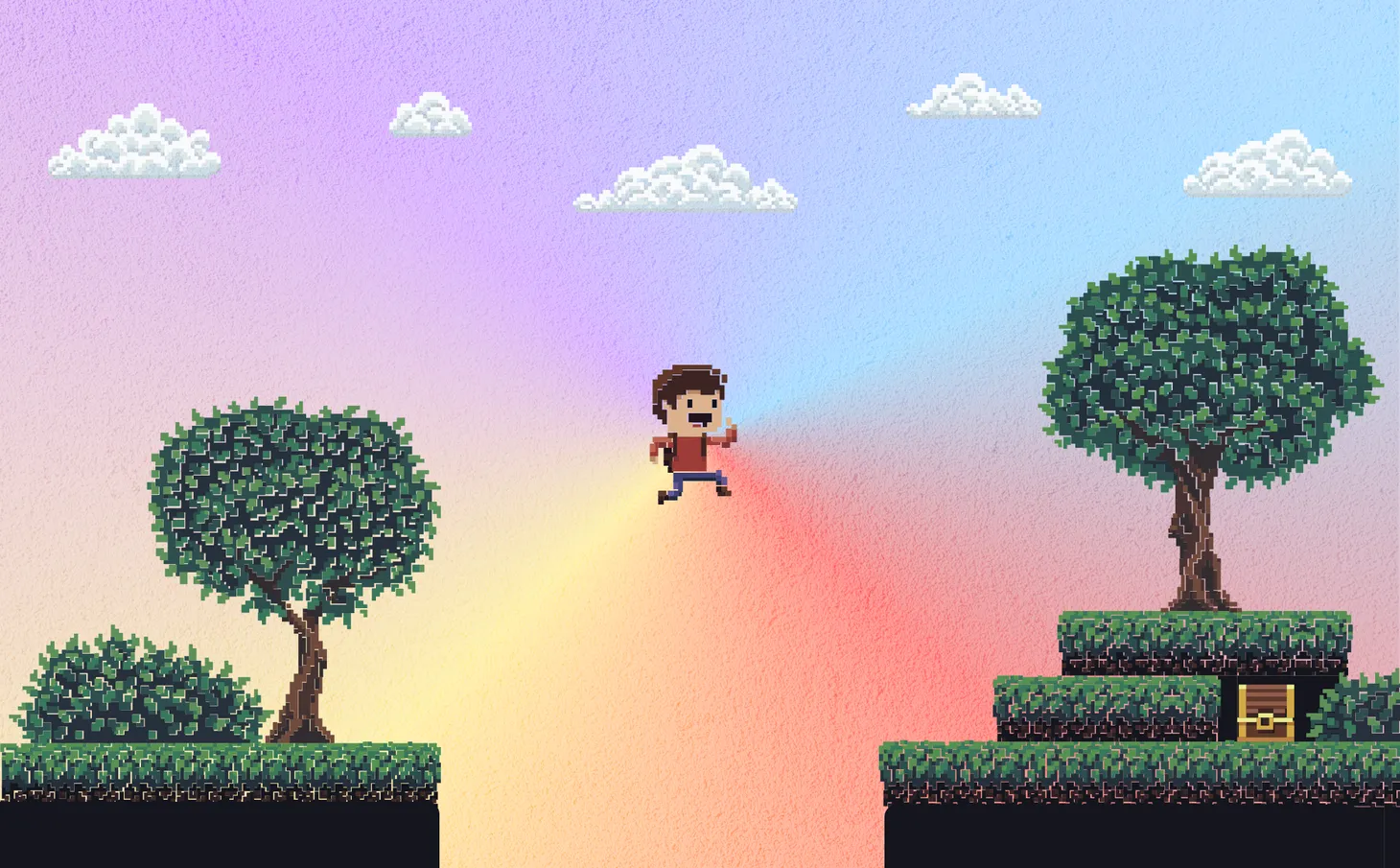
Raiders of the lost Bank
Want to know the future of work? Don't ask a Wall Street CEO. Ask a protocol.
